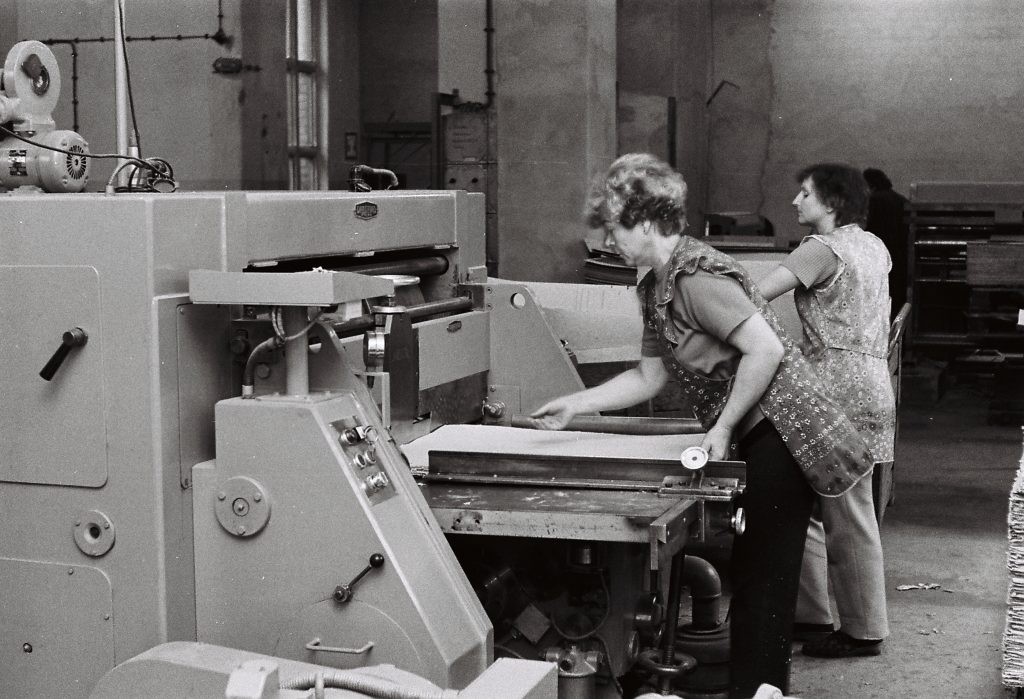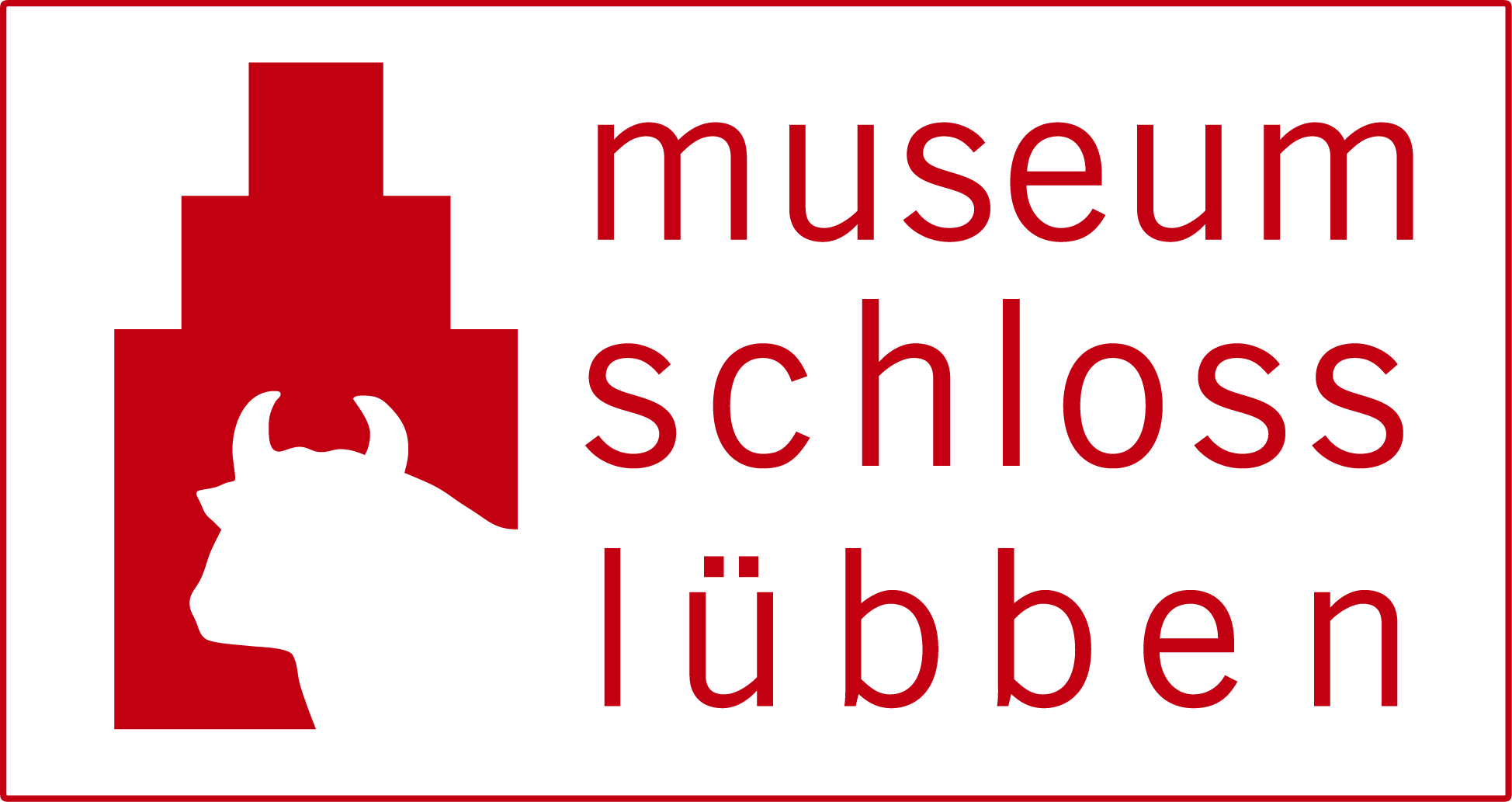Tourism has been an important economic sector in Lübben since it started over 100 years ago. The town has been a state-approved health resort since 1999. The number of guest beds is constantly increasing, and the tourist infrastructure is also growing.
But even before the railway and a well-developed road network bring tourists into the town, Lübben is a well-connected trading centre due to the River Spree and its location between the Upper and Lower Spreewald. The local products wool and flax form the basis for a strong textile industry. The famous gherkins and other agricultural goods are produced in the gherkin canning and sauerkraut factory founded in 1846.
During the 2nd World War, production in Lübben is converted to goods that are essential to the war effort. Despite the heavy destruction of the town, many businesses and factories resume work soon after the end of the war.
From 1961 the Spreewerk factory produces ammunition. With the start of production in Lübben, the GDR produces larger quantities than it needs for peacetime requirements. Another large employer is the cardboard factory, which has been producing cardboard and paper since 1888.
Huge upheavals bring about the Change and the annexation of the GDR to the FRG. In November 1990, the now privatised jersey factory filed for bankruptcy. The cardboard factory is shut down one month later and the last workers are laid off. Also privatised by the Treuhand, the canning factory survives the time. The Spreewerk Lübben, an armaments factory from 1961 to 1990, now destroys munitions. Today, the two employers offer only a fraction of the jobs they did in 1989.

